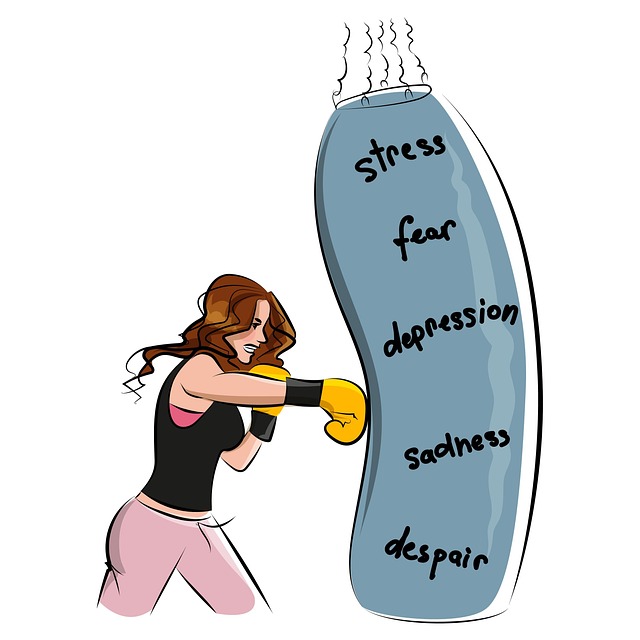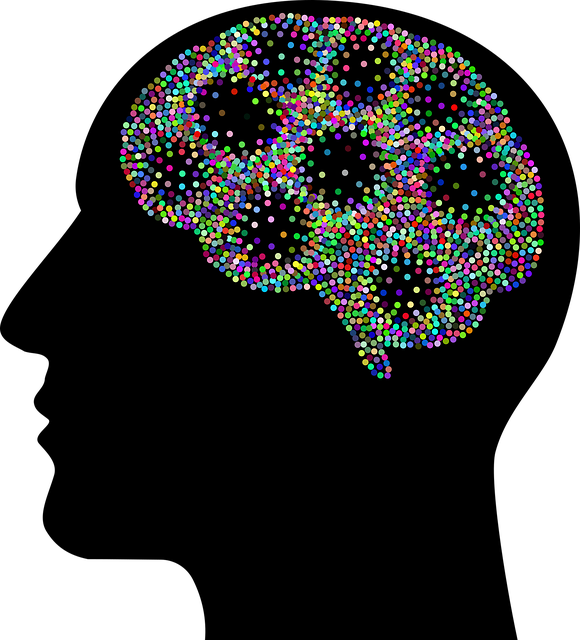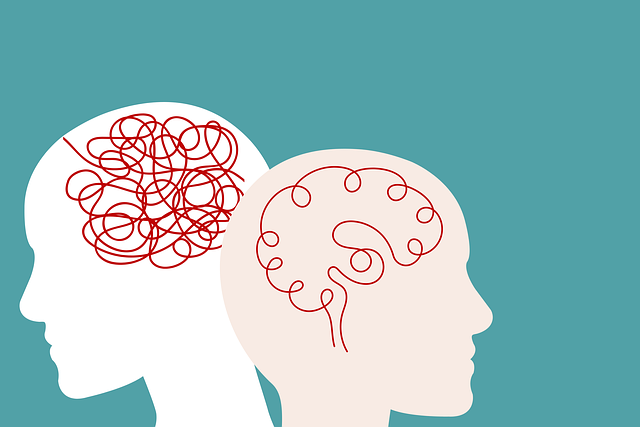At Westminster, we recognize that stress management is an integral part of overall well-being. That’s why we organize workshops focused on empowering individuals with effective strategies to combat daily pressures. This comprehensive guide delves into the science behind stress, exploring its profound impact on mental health. We introduce EMDR therapy as a revolutionary approach, showcasing its effectiveness in reducing stress. Furthermore, it provides practical insights on designing engaging workshops, fostering safe spaces, and promoting long-term behavioral changes, ensuring participants cultivate lasting resilience.
- Understanding Stress and Its Impact on Well-being
- The Role of EMDR Therapy in Stress Management
- Designing Effective Workshop Content and Activities
- Creating a Safe and Supportive Workshop Environment
- Promoting Sustainability and Long-term Stress Reduction
Understanding Stress and Its Impact on Well-being

Stress is a universal experience that can stem from various sources, affecting individuals on both physical and psychological levels. It’s crucial to understand that while some stress is normal and even beneficial for motivation, chronic or prolonged stress can significantly impact overall well-being. In today’s fast-paced world, with its hustle and bustle, folks often find themselves navigating a labyrinthine web of demands from work, family, and personal commitments. This constant pressure can lead to heightened anxiety, depression, and other mental health issues if left unaddressed.
The impact of stress on the mind and body is profound. It can cause physical symptoms like elevated heart rate, muscle tension, and sleep disturbances. Prolonged stress may also hinder cognitive functions, making it difficult to focus or make clear decisions. The good news is that by incorporating self-care routines that emphasize mindfulness, relaxation, and healthy coping mechanisms, individuals can better manage their stress levels. Techniques such as those taught in Westminster EMDR Therapy, along with conflict resolution skills developed through the Mental Wellness Podcast Series Production, empower folks to transform their relationship with stress, fostering a more balanced and resilient state of mental wellness.
The Role of EMDR Therapy in Stress Management

Emotional Freedom Technique (EFT), often integrated with Eye Movement Desensitization and Reprocessing (EMDR) therapy, plays a pivotal role in stress management workshops organized by Westminster EMDR Therapy experts. This therapeutic approach has gained recognition for its effectiveness in helping individuals process traumatic memories and reduce the associated emotional distress. By combining guided eye movements with positive thinking, EMDR facilitates the brain’s natural healing process, allowing participants to reframe negative thoughts and engage in healthy self-care practices.
Workshops facilitated by Westminster EMDR Therapy professionals often include specific techniques such as mental wellness journaling exercises to reinforce positive thinking patterns. Journaling provides a safe space for individuals to reflect on their experiences, track progress, and cultivate gratitude—all essential components of maintaining good mental health. Through these interactive sessions, participants learn practical tools and strategies to manage stress, enhance self-awareness, and promote overall well-being.
Designing Effective Workshop Content and Activities

When designing content for a Stress Management Workshops Organization, it’s crucial to balance theory with practical, interactive activities. Incorporate evidence-based techniques like Westminster EMDR Therapy, which has proven effective in reducing trauma and stress responses. This can include guided meditations, mindfulness exercises, and narrative exposure therapy sessions tailored to diverse participant needs. Cultural sensitivity is also essential; ensure materials resonate with different backgrounds and experiences, reflecting the principles of Cultural Sensitivity in Mental Healthcare Practice.
Activities should foster a safe, supportive environment where participants feel empowered to share their experiences. Role-playing scenarios, group discussions, and break-out sessions allow for peer learning and support. Integrate real-world case studies and interactive tools like stress management apps or mindfulness tracking sheets (aligned with the development of Mental Wellness Coaching Programs) to enhance engagement and encourage sustainable practice adoption post-workshop.
Creating a Safe and Supportive Workshop Environment

Creating a Safe and Supportive Workshop Environment is paramount to the success of any Stress Management initiative. Workshops should foster an atmosphere where participants feel comfortable sharing their experiences, fears, and hopes. This begins with establishing clear boundaries and ground rules that emphasize respect, confidentiality, and active listening. By creating a non-judgmental space, facilitators encourage open dialogue and enable participants to explore coping Skills Development in a safe haven.
At our Westminster EMDR Therapy workshops, we prioritize Self-Care Routine Development for Better Mental Health by ensuring every session is imbued with practices that promote relaxation, mindfulness, and emotional awareness. This includes techniques such as guided meditation, deep breathing exercises, and creative outlets that help participants navigate stress in healthy ways. Our approach emphasizes the interwoven nature of mental health and overall well-being, reflecting our commitment to empowering individuals to lead more balanced lives.
Promoting Sustainability and Long-term Stress Reduction

In the context of stress management workshops, promoting sustainability and long-term stress reduction goes beyond immediate coping strategies. By integrating practices like Compassion Cultivation, which fosters empathy and self-kindness, participants can develop a deeper understanding of their stress triggers and cultivate healthier responses over time. This approach, backed by evidence in the field of EMDR Therapy, enables individuals to create lasting change rather than merely temporary fixes.
Additionally, workshops should emphasize the importance of risk management planning for mental health professionals, ensuring they have tools to prevent burnout and maintain their own mental wellness. Incorporating Mental Wellness Coaching Programs can facilitate this, providing ongoing support and strategies for navigating stressful situations in a sustainable manner. These comprehensive approaches aim not just to manage stress, but to thrive in the face of life’s challenges.
Stress management workshops can be powerful tools for individuals seeking to enhance their well-being. By combining evidence-based practices like EMDR therapy with engaging content and supportive environments, these workshops offer a unique opportunity for personal growth. Through effective design and promotion of sustainability, as demonstrated by Westminster EMDR Therapy, participants can develop long-lasting strategies to navigate life’s challenges with resilience and reduced stress levels. Embracing these principles paves the way for a healthier, more balanced future.









